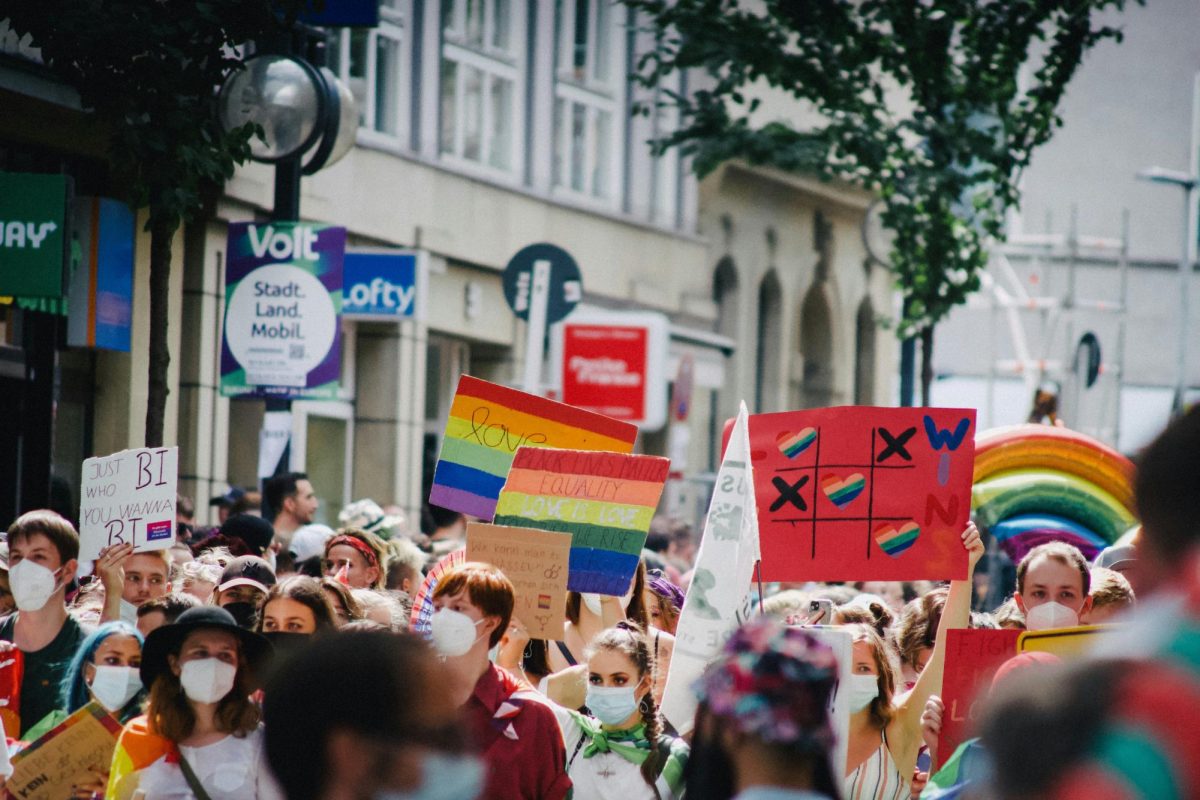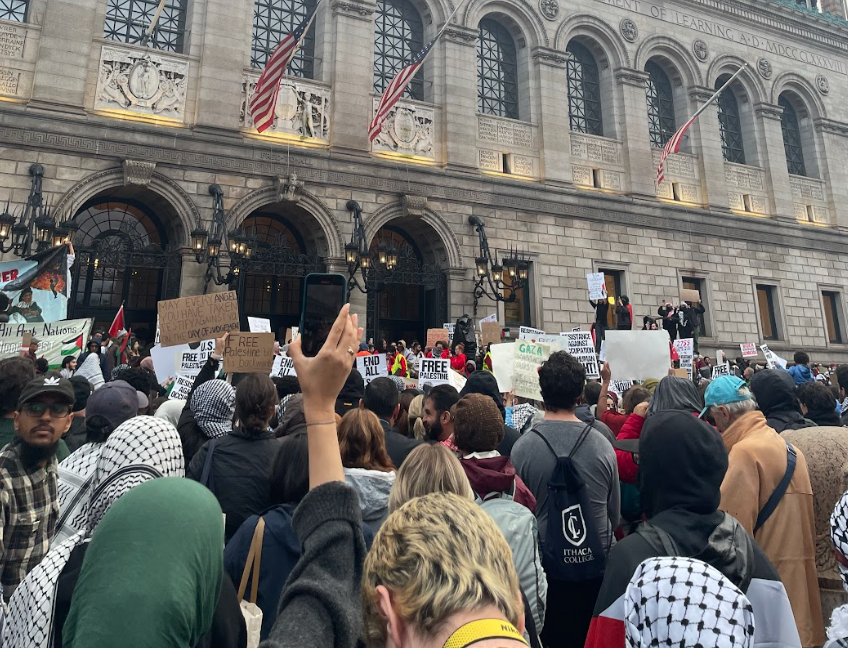At the end of the Fall 2016 semester, Wellesley College President Paula Johnson issued a written statement in response to a petition to declare Wellesley College a Sanctuary Campus, explaining her inability to grant the request. Initiated by political science Professor Christopher Candland, peace and justice studies Co-Director Catia C. Confortini and history Professor Alejandra Osorio, the petition would have designated the institution as a sanctuary for undocumented members of the Wellesley community. Wellesley would thus have pledged to refuse to turn over undocumented persons to Immigration and Customs Enforcement (ICE) and the Department of Homeland Security (DHS), among other federal agencies. The petition had 1,138 signatures and was supported by students, faculty, staff and alumnae. In her statement, President Johnson carefully explained the reasoning behind her decision. She argued that sanctuary status did not carry any explicit legal meaning, even if it reaffirmed the College’s values of respect, unity and safety for all. While this decision made sense at the time it was issued, we argue that in light of President Trump’s recent executive orders, it is necessary for the Wellesley Community to re-petition to become a Sanctuary Campus.
President Trump’s recent actions regarding immigration places the status of undocumented immigrants, previously protected under former President Obama’s amnesty program, in newfound jeopardy. Under the amnesty program, undocumented immigrants who have been the United States for a minimum of five years and are parents of children born in the U.S. are granted a three-year work permit, allowing them to obtain both a Social Security number and a driver’s license. The children of these immigrants will be granted the same documents upon coming of age as part of President Obama’s Deferred Action for Child Arrivals program (DACA). According to a Pew Research poll taken in 2014, these programs were intended to benefit approximately 200,000 undocumented immigrants, not including their children. A statistic reported by Al Jazeera indicates that as of today, over 700,000 undocumented immigrants have been aided by the program.
Under President Trump, these rights are likely to be taken away. At the start of his campaign, Trump declared that he would construct a border wall to keep undocumented immigrants out of the United States. The Trump campaign also promised to deport the hundreds of thousands of citizens living in the United States illegally.
Within his first two weeks in office, President Trump has already started working to uphold these pledges. On Wednesday, Jan. 25, President Trump signed an executive order that instructed government officials to identify federal money it can withhold as punishment to current cities which have declared themselves as ‘sanctuary cities.’ It is within his power as president to cut off federal funding from the Departments of Justice and Homeland Security. These departments provide cities with grants for local law enforcement agencies, courts and jails, drug treatment, precautionary information and supplies in case of terrorist attacks and assistance to crime victims and witnesses. These tangible actions are in addition to the hateful rhetoric spewing from the highest office in the country, the continued propagation of a border wall and the tense relations between the United States and Mexico.
It is in light of these events that we urge Wellesley College to reinstate its petition to become a Sanctuary Campus. If sanctuary cities become a target of the Trump administration, then they will lack the necessary funding to protect the undocumented immigrants living with their borders. The College has the opportunity to provide a safe haven for students who may not feel or be safe at home. Furthermore, as a private institution, the College also receives federal funding, meaning that possible economic consequences are of a smaller scope than they would be were Wellesley a public college. It is with these considerations in mind that we hope President Johnson will re-evaluate her decision to deny this institution sanctuary status.







